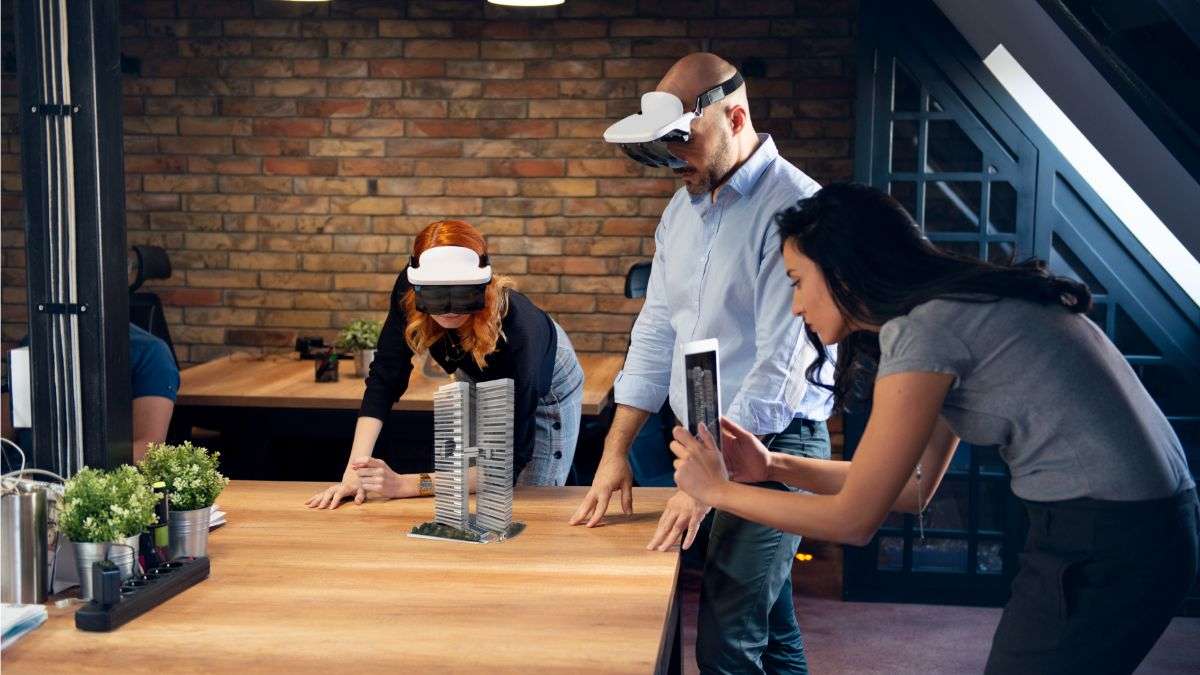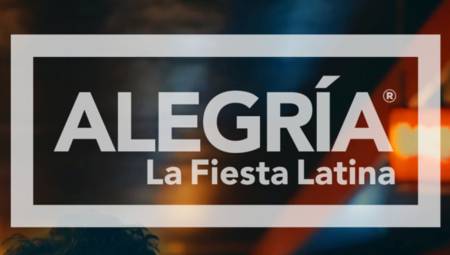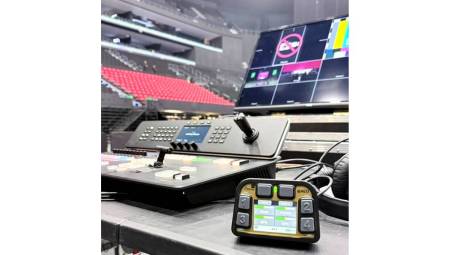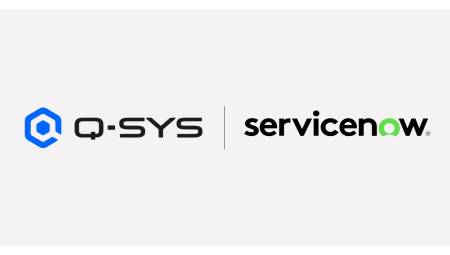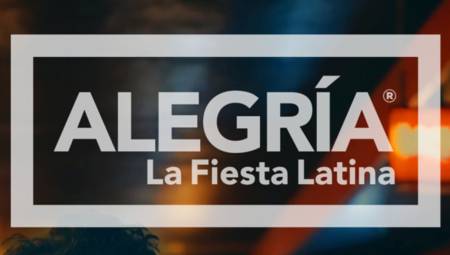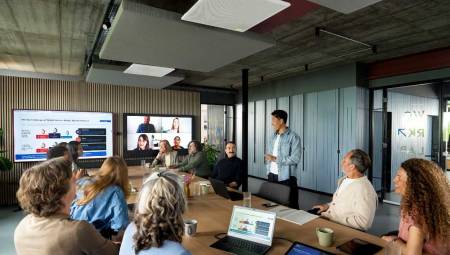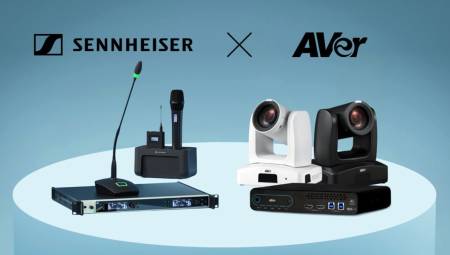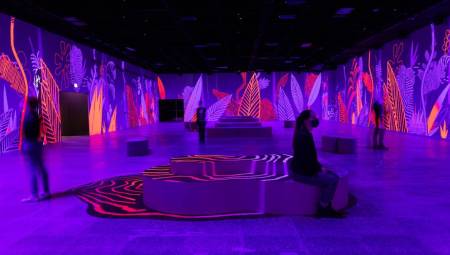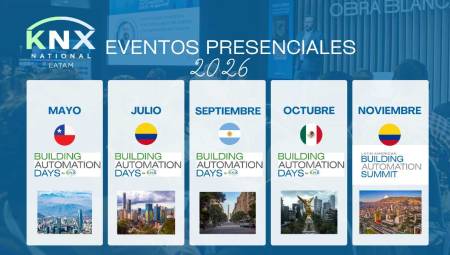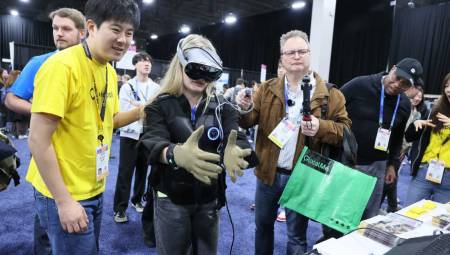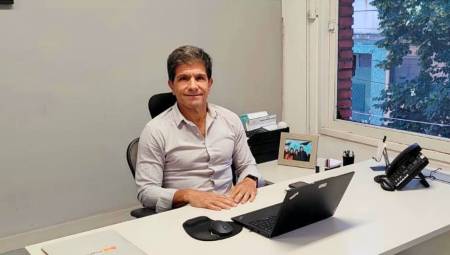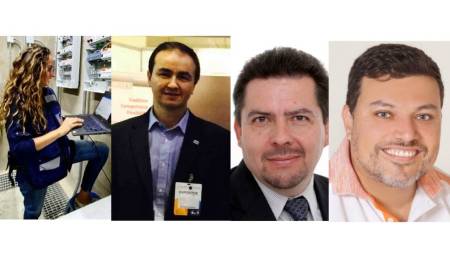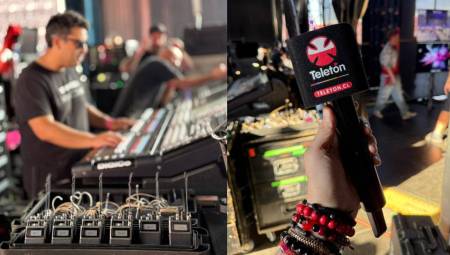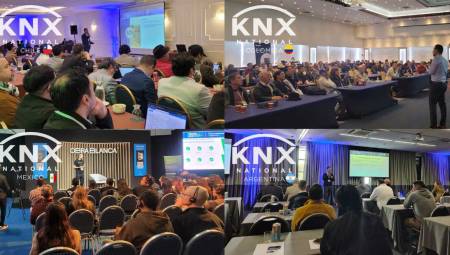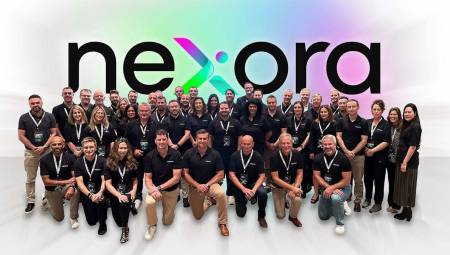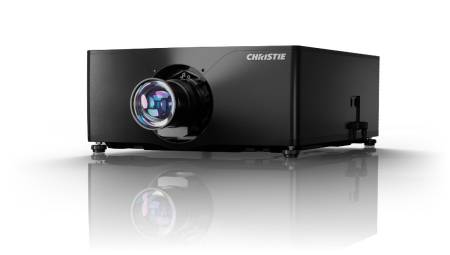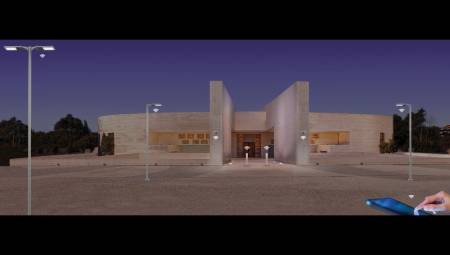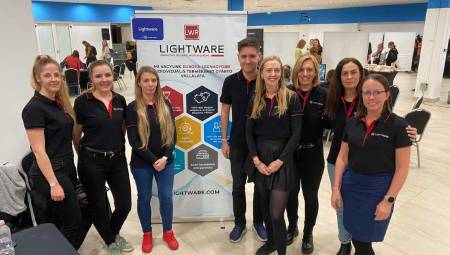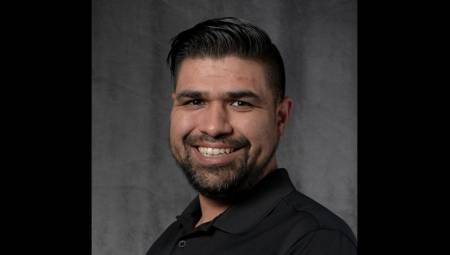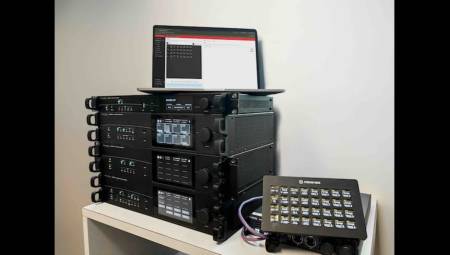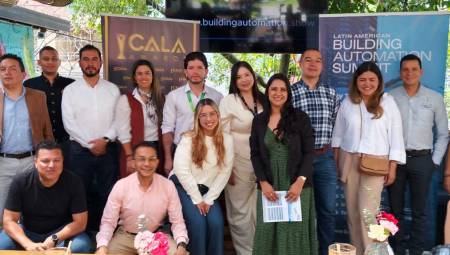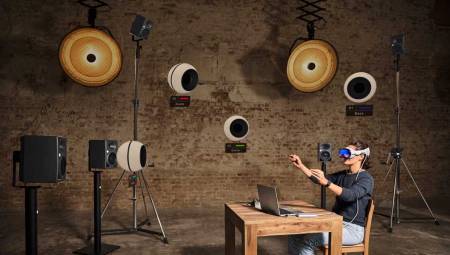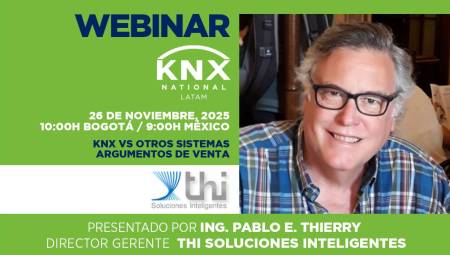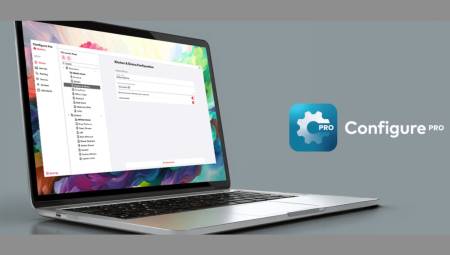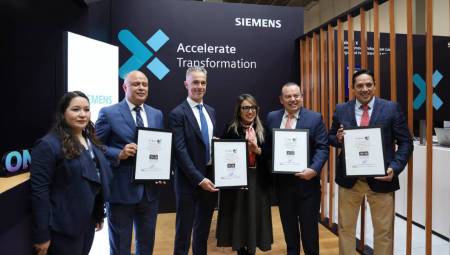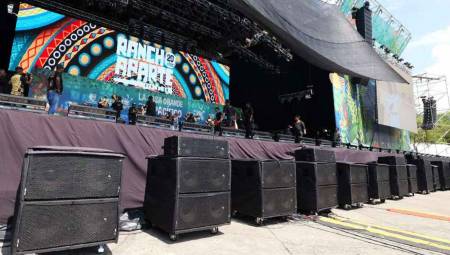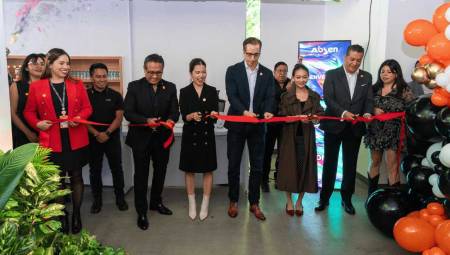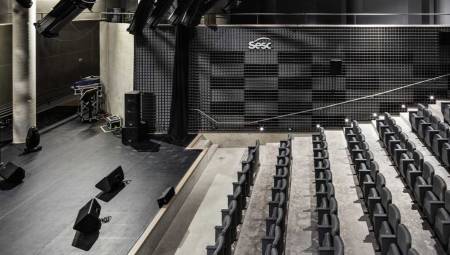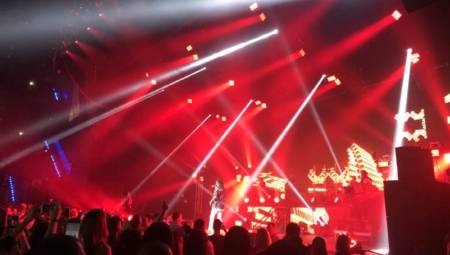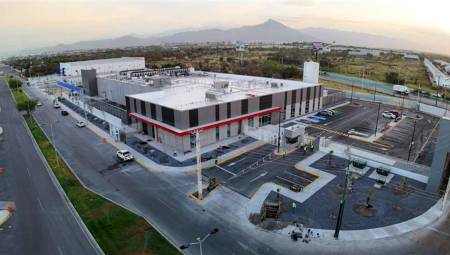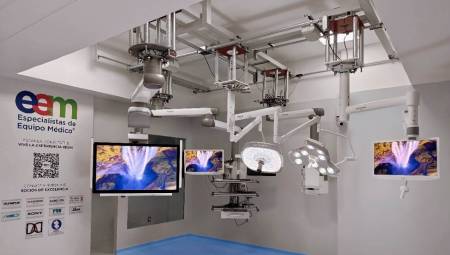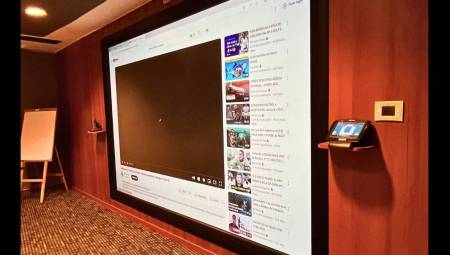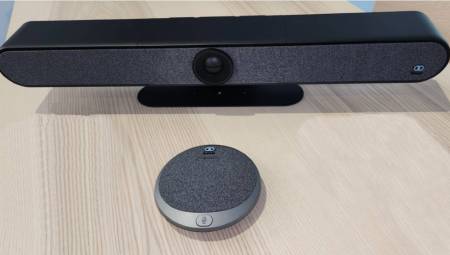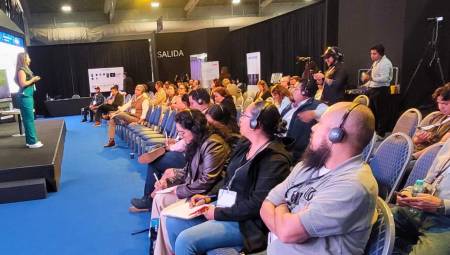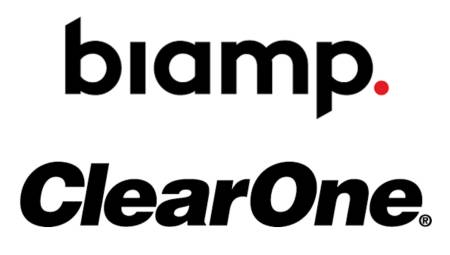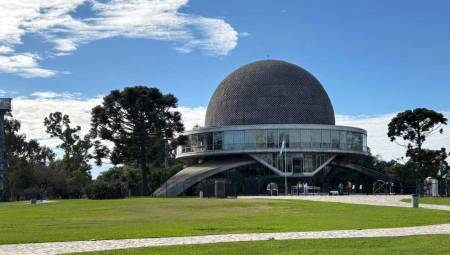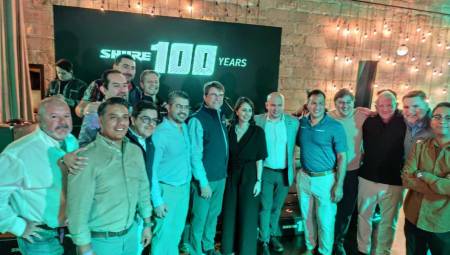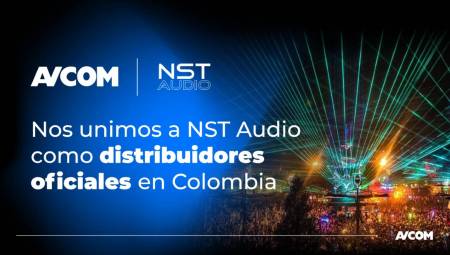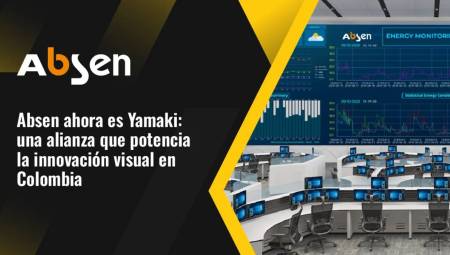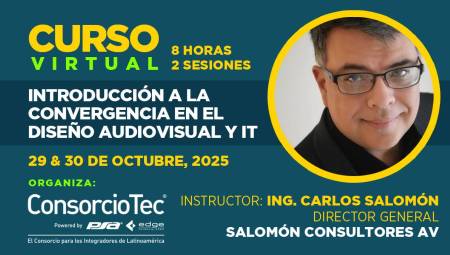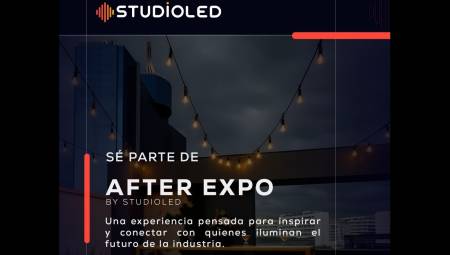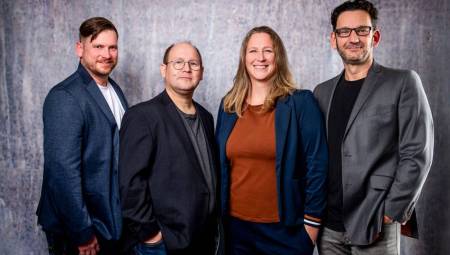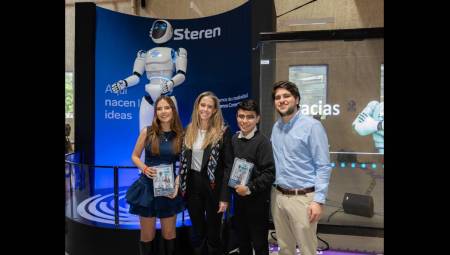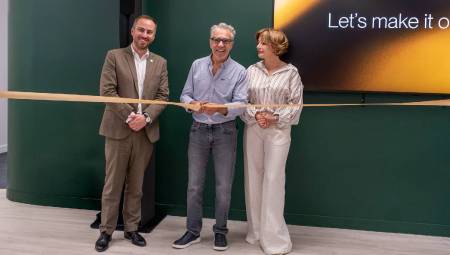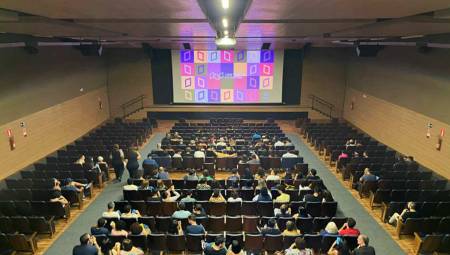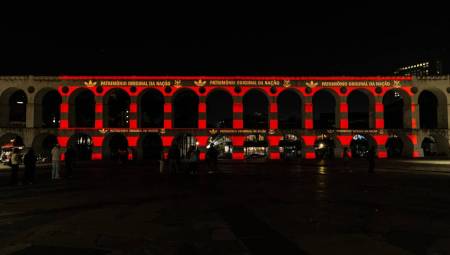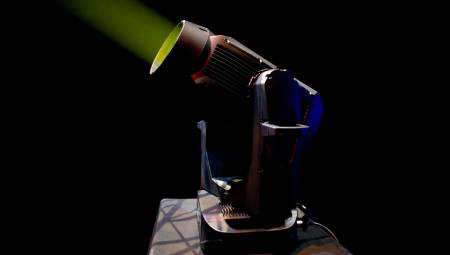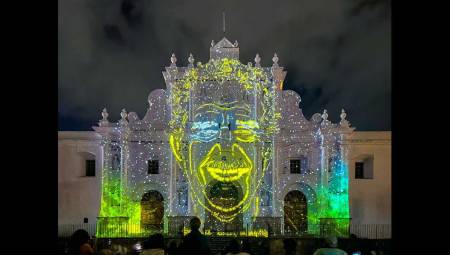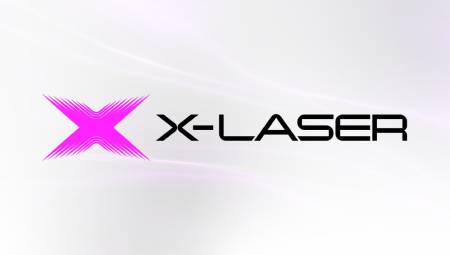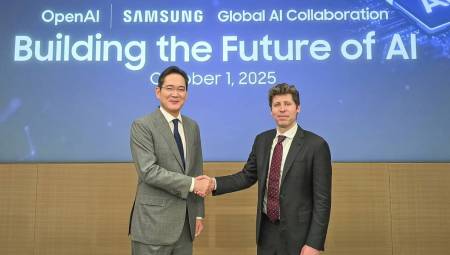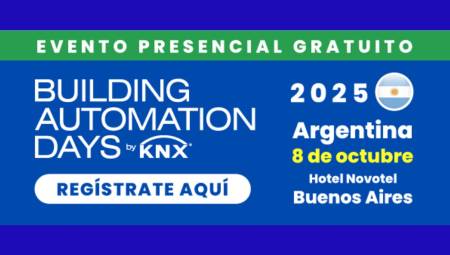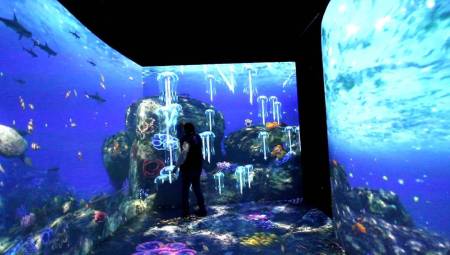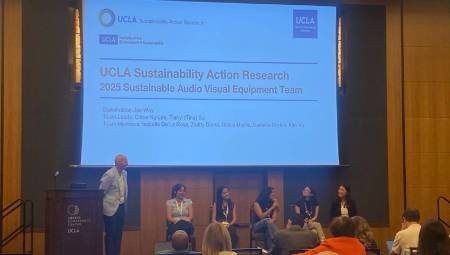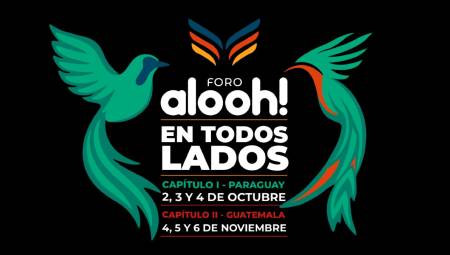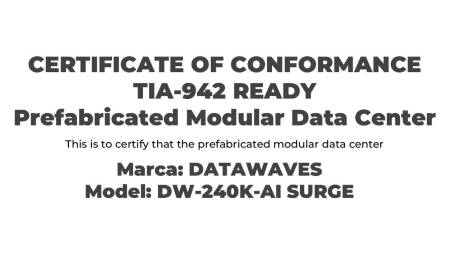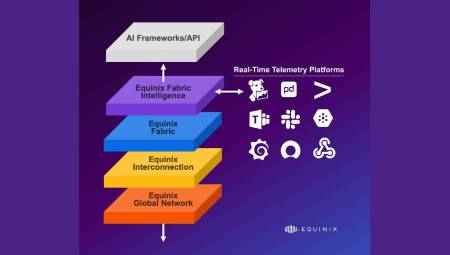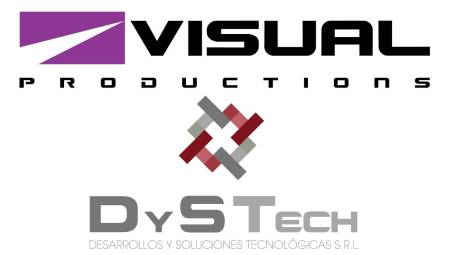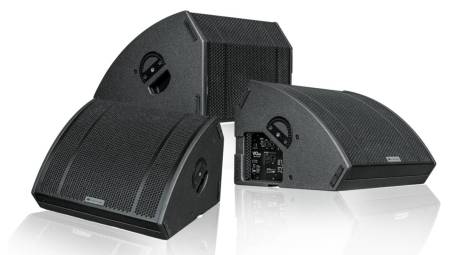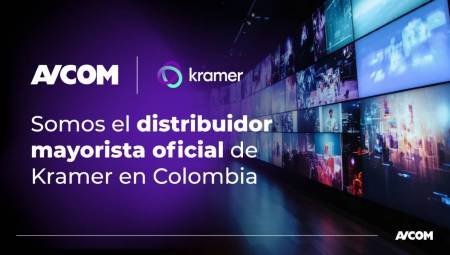A new study by the UOC analyses the potential and challenges of implementing this technology in education.
UOC
Augmented reality (AR) is a technology that combines the physical world with computer-generated virtual elements and overlays information on the real environment through devices such as tablets, smartphones or specialized viewers.
Researchers from the Universitat Oberta de Catalunya (UOC) have analysed the potential of this technology in education using an innovative analysis methodology based on focus groups simulated by ChatGPT. The results place augmented reality as a "crucial catalyst for interactive learning" and positively value its impact in stimulating student engagement and participation in the classroom. The findings also highlight the need for resources and to encourage the development of teachers' digital skills to maximise their use in education.
The work is led by the professor of the Faculty of Psychology and Education Sciences and researcher of the Edul@b research group Josep M. Duart. The first author of the article is the predoctoral researcher of the same group Delsa Silva Amino Cufuna, who is part of the UOC's Doctoral Programme in Education and ICT (e-Learning). Postdoctoral researcher Gizéh Rangel-de Lázaro is also participating.
Facilitate the understanding of complex concepts
The research emphasizes how this emerging technology can help improve experiential learning and prepare students for real-world challenges. "These technologies not only allow for more engaging content visualization, but also make it easier to understand complex concepts using interactive three-dimensional models," the researchers highlight in the paper.
The results also reflect a positive assessment of augmented reality as a technology to stimulate student participation, according to the scientific literature that identifies AR as a means to promote active thinking in educational processes. "The emphasis on emotional and creative content supports the importance of innovative pedagogical strategies that include these technologies. The simulated focus group also highlights the importance of creating immersive and meaningful educational materials," the researchers note.
More training and resources
The virtual focus group analysis also reflects the structural challenges and requirements for the effective implementation of augmented reality in educational settings. One of the main obstacles is the digital divide and lack of resources, which can limit access to these technologies. "Not all institutions have access to the necessary technological infrastructure, such as compatible devices or stable internet connections. In addition, its implementation requires a considerable initial investment, both in hardware and software, which is unmanageable for many schools with limited resources. On the other hand, the limitation of open access tools makes it difficult for this technology to be easily implemented in the classroom," the researchers reflect.
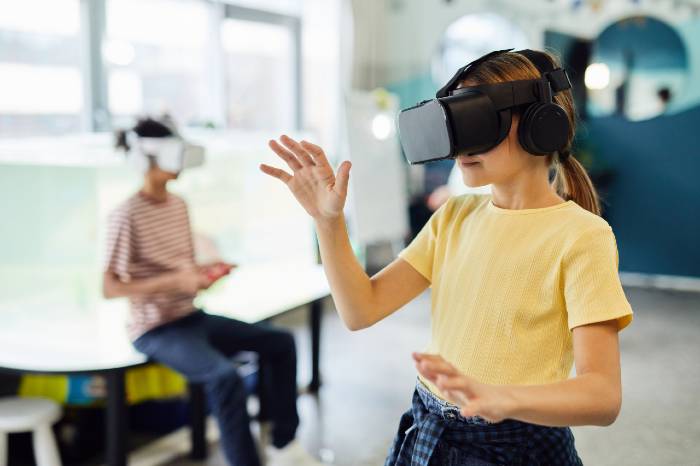 In addition, the effectiveness of augmented reality depends on "the quality of educational content and teacher training in these new technologies, which requires continuous investment in professional development and content creation". In this regard, the UOC researchers highlight the need to develop skills such as the design of interactive and collaborative content. "Also technical training in AR tools, as well as pedagogical and reflective skills, to integrate this technology in the classroom and create optimal tools that respond to the content and learning objectives according to each educational level," they add.
In addition, the effectiveness of augmented reality depends on "the quality of educational content and teacher training in these new technologies, which requires continuous investment in professional development and content creation". In this regard, the UOC researchers highlight the need to develop skills such as the design of interactive and collaborative content. "Also technical training in AR tools, as well as pedagogical and reflective skills, to integrate this technology in the classroom and create optimal tools that respond to the content and learning objectives according to each educational level," they add.
Simulated virtual groups
The research has been based on a focus group with experts, a quantitative analysis methodology that consists of a structured meeting of a group of people to discuss and comment on a specific topic. The innovation in this new work is that this focus group was simulated using ChatGPT, an artificial intelligence system – of the type of large-scale language models (LLMs) – designed to understand, generate and translate text into human language with a high degree of sophistication. "The implementation of LLMs in simulated focus groups represents a significant advance in educational research and offers new perspectives and understanding on the use of emerging technologies in teacher education," the authors stress.
In this way, the researchers defined the key questions and themes that guide the simulation and also three profiles of virtual participants representing three types of experts for the focus group: a pedagogue, who focused on aligning augmented reality activities with learning objectives by assessing clarity, accessibility, and cognitive development; a technology expert, who evaluated everything from technical integration to ease of use and quality of augmented reality interactions, and, finally, a literature specialist, who ensured historical and thematic accuracy, as well as analytical depth in tasks related to Ecuadorian literature. "This interdisciplinary design allowed for a holistic analysis, combined from pedagogical, technical and cultural perspectives. In addition, these expert profiles ensured a comprehensive assessment of the impact of AR in specific educational contexts," the researchers explain.
To avoid hallucinations and out-of-context information – one of the risks of this type of model – the researchers implemented measures such as triangulating the information with the existing scientific literature and using qualitative data analysis tools such as NVivo to verify the coherence and relevance of the answers generated by ChatGPT. They also created a specific GPT, that is, trained for this specific task, which was previously configured with the data, parameters, limitations and necessary information of this field. "The goal is to limit the scope of the model and avoid mixing information out of context," says the researcher.
This simulated approach allows, according to the researchers, to evaluate perceptions and experiences related to AR in education in a "controlled and detailed way while maintaining the academic rigor of the study." In addition, it also has logistical advantages and allows preliminary data to be obtained before implementing it in real situations. "Simulated discussion groups allow you to identify initial patterns, make tests and formulate hypotheses that can be validated with real people. This minimizes, although not completely, errors when implementing methodologies in real contexts such as schools and universities," they highlight.
In fact, the researchers plan to use this same methodology, protocol and expert profile in future research with real people. "This will allow us to analyze similarities and differences between the responses and analyses generated by the language model and the contributions of real participants to enrich the understanding of the effectiveness of these tools and improve future simulations. In addition, we want to explore the use of other complementary methodologies to diversify and deepen the educational impact of these tools," they explain.
A technology on the rise at the UOC
Augmented reality also has its place at the UOC. One example is the "Geek Electronics AR" prototype for teaching AR electronics concepts. "In the same way, with the degrees, students can learn about brief features of this technology and focus on its research and pedagogical and technical integration," the researchers explain.
Work in this area also continues from Edul@b. "Currently, with this doctoral research underway, we are taking up and reevaluating this technology and we are focusing on integrating AR into education. This effort seeks to revitalize its application and explore new pedagogical opportunities to enhance interactive, immersive, and meaningful learning," the researchers conclude.



